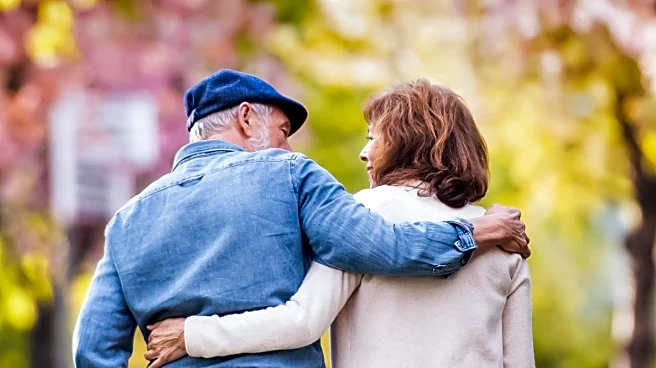What's Happening?
A recent opinion piece discusses the importance of planning for end-of-life decisions to ensure individuals can die on their own terms. The author shares personal experiences and insights from a 'Date With Death Dinner,' where friends gathered to discuss advance directives and end-of-life preferences. The gathering included professionals with expertise in healthcare, obituary writing, and human composting, providing informed perspectives on dying. Participants exchanged stories and signed documents to formalize their wishes, emphasizing the need for preparedness and clear communication about end-of-life choices.
Why It's Important?
End-of-life planning is crucial for ensuring that individuals' wishes are respected and that they can avoid being misunderstood or misrepresented in their final moments. By discussing and documenting preferences, people can alleviate the burden on loved ones and ensure a more dignified and personalized death. The article highlights the emotional and practical benefits of having clear directives, which can prevent unwanted interventions and allow for meaningful memorials that reflect the deceased's life and values.
Beyond the Headlines
The cultural and ethical dimensions of end-of-life planning are significant, as they touch on personal autonomy, family dynamics, and societal attitudes towards death. The article encourages readers to consider their own mortality and the legacy they wish to leave behind. It also raises questions about the role of community and shared experiences in shaping how individuals approach death, suggesting that open conversations can lead to more compassionate and informed decisions.









